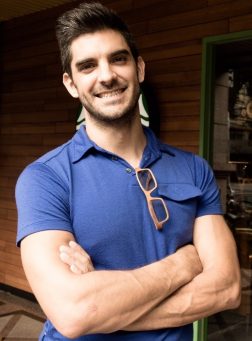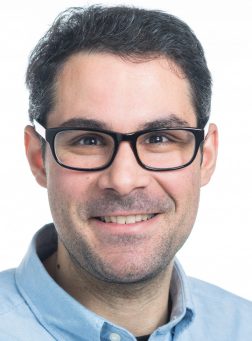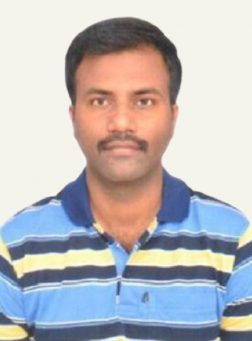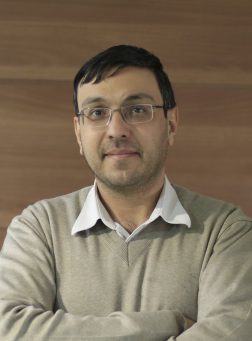
Stefano Rini
Communication-Efficient Federated Learning: Challenges, Techniques, and Insights from M22

Nikolaos Pappas
From Information Freshness to Semantics of Information and Goal-oriented Communications

Prabhu Babu
A robust framework for optimal sensor placement for source localisation techniques

Amin Aminzadeh
Super-modular f-divergences and their applications
Talk Title:
“Polar coding for Tb/s applications”
Abstract:
Several use-cases are emerging that require data communications at rates approaching Tb/s. This talk will discuss implementation challenges and potential solutions from a polar coding viewpoint.
Biography:
Erdal Arıkan has been a member of the facuty at the Electrical-Electronics Engineering Department, Bilkent University, Ankara, Turkey since 1987. He received his Ph.D. degree from the Massachusetts Institute of Technology, Cambridge, MA, in 1985. His main research interests are in error correction coding. For his work on polar coding, he was awarded the 2010 IEEE Information Theory Society Best Paper Award, the 2013 IEEE W. R. G. Baker Award, the 2018 IEEE Hamming Medal, and the 2019 Shannon Speaker award. He is an IEEE Fellow and a member of the Turkish Academy of Sciences.
Ashwin Nayak
Department of Combinatorics and Optimization, and Institute for Quantum Computing
University of Waterloo, Canada.
Biography:
Ashwin Nayak is a Professor in the Department of Combinatorics and Optimization, and Institute for Quantum Computing at University of Waterloo, Canada.
Ashwin received his B.Tech. at Indian Institute of Technology, Kanpur (1995) and his Ph.D. at University of California, Berkeley (1999), both in Computer Science. After holding post-doctoral positions jointly at DIMACS Center and AT&T Labs–Research, then at California Institute of Technology, he joined University of Waterloo in 2002.
His research primarily revolves around quantum information and computation, with an emphasis on algorithms, complexity, and communication. He continues to work more broadly on theoretical computer science.
Talk Title:
PReconfigurable Intelligent Surface-Empowered Communications for 6G Wireless Networks
Talk Abstract:
Signal processing and communication communities have witnessed the rise of many exciting communication technologies in recent years. Notable examples include alternative waveforms, massive multiple-input multiple-output (MIMO) signaling, non-orthogonal multiple access (NOMA), joint communications and sensing, sparse vector coding, index modulation, and so on. It is inevitable that 6G wireless networks will require a rethinking of wireless communication systems and technologies, particularly at the physical layer (PHY) since the cellular industry reached another important milestone with the development of 5G wireless networks with diverse applications. Within this perspective, this talk aims to shed light on the rising concept of reconfigurable intelligent surface (RIS)-empowered communications towards 6G wireless networks. We discuss the recent development in the field and put forward promising candidates for future research and development. Specifically, we put our emphasis on active, transmitter-type, transmissive-reflective, and standalone RISs, by discussing their advantages and disadvantages compared to reflective RIS designs. Finally, we also envision an ultimate RIS architecture, which can adjust its operation modes dynamically, and introduce the new concept of PHY slicing over RISs towards 6G wireless networks.
Biography
Ertugrul Basar received his Ph.D. degree from Istanbul Technical University in 2013. He is currently an Associate Professor with the Department of Electrical and Electronics Engineering, Koç University, Istanbul, Turkey and the director of Communications Research and Innovation Laboratory (CoreLab). His primary research interests include beyond 5G systems, index modulation, intelligent surfaces, waveform design, and signal processing for communications. Dr. Basar currently serves as a Senior Editor of IEEE Communications Letters and an Editor of IEEE Transactions on Communications and Frontiers in Communications and Networks. He is a Young Member of Turkish Academy of Sciences and a Senior Member of IEEE. He is also the founding Academic Chair of the newly established IEEE ComSoc Emerging Technologies Initiative on Reconfigurable Intelligent Surfaces.
